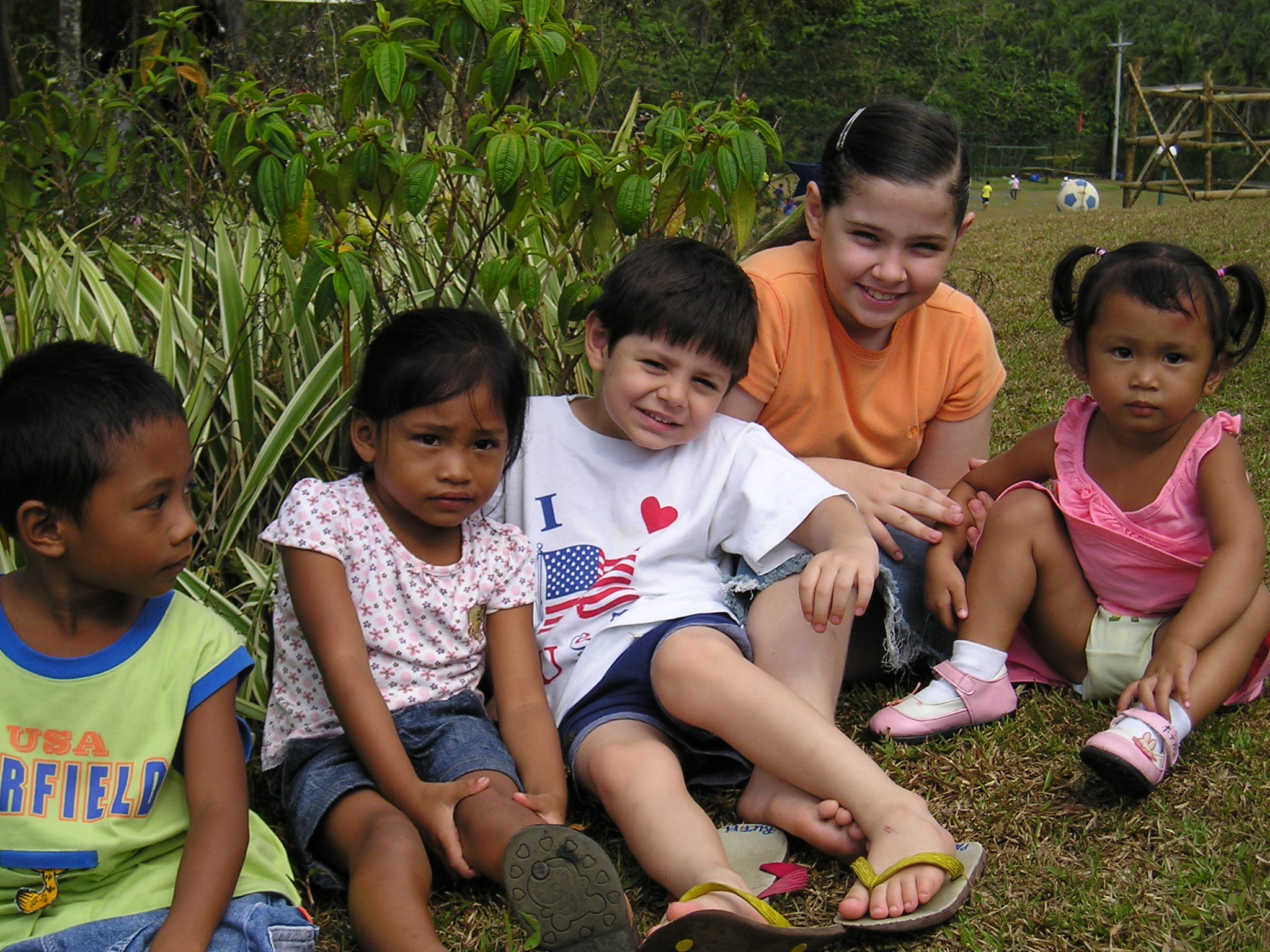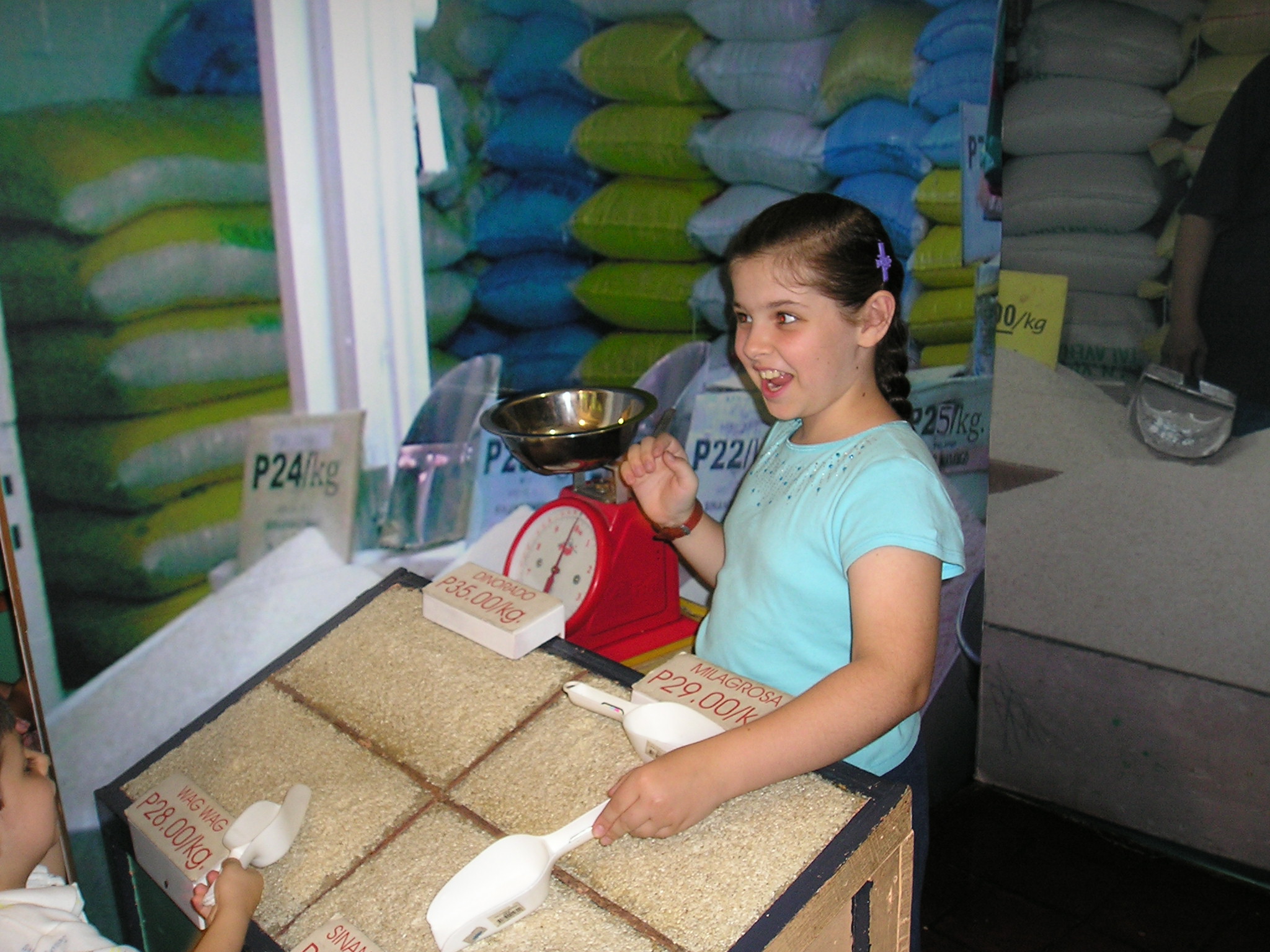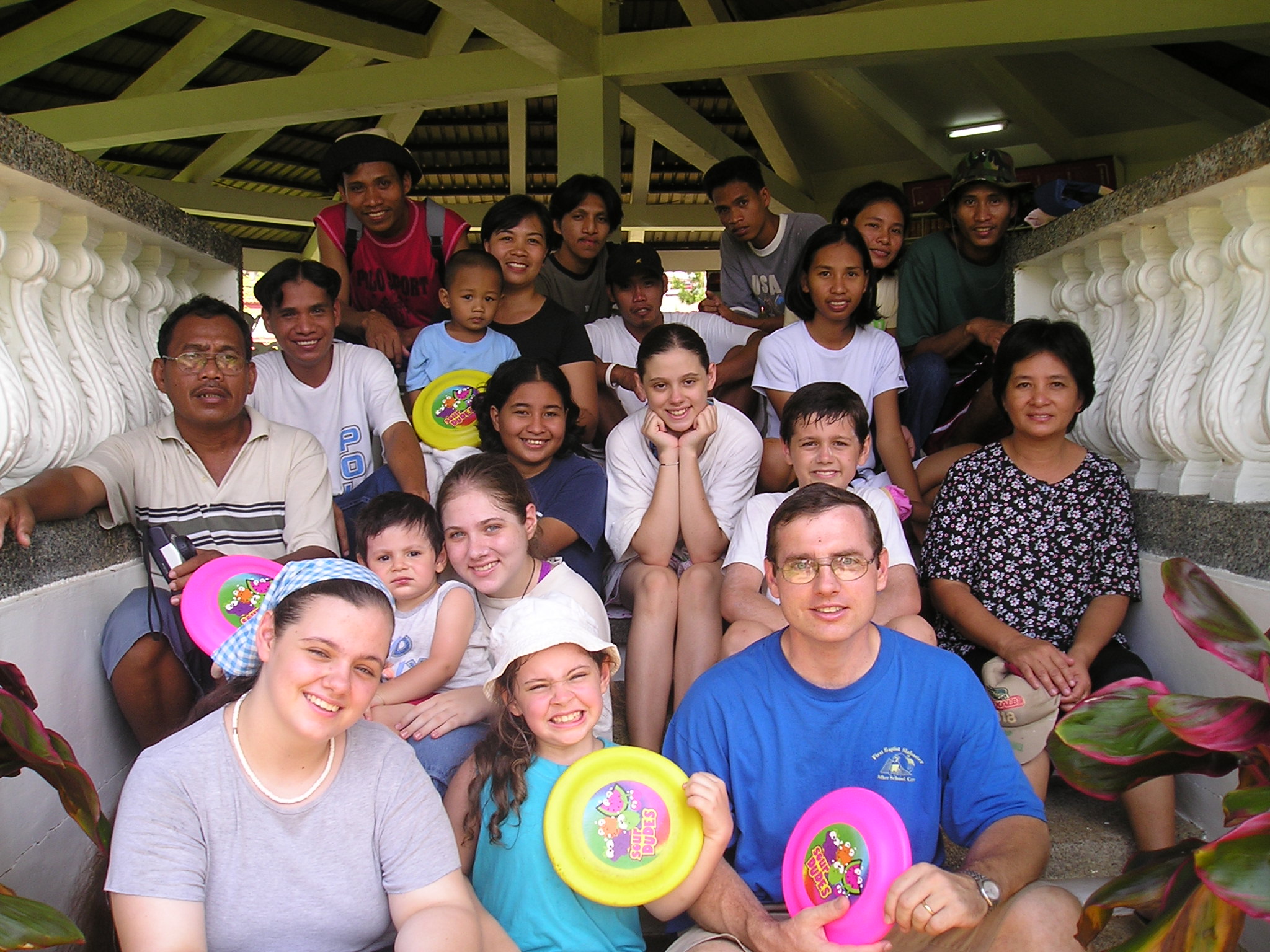
special guest post by Ruth Weaver
Hello friends and family! In a car ride to a missions conference, my family and I discussed how many different cultural things we have adapted from our time in the Philippines. This letter is to give you one perspective on the life of a third culture kid in the context of the Philippines. So here are seven ways the Weaver family is Filipino at heart…
#1 Hospitality: “There’s always room for one more.”
If you visit a Filipino’s house they will run to a nearby snack store to buy you a Coca-Cola and crackers. They take great pride in serving you as their guest no matter how much or little they have. They also do not want to leave anyone out, “the more the merrier!” Similarly, my family is quick to see who needs to be served. In extended family celebrations, it is completely normal to see in-laws from multiple families, neighbors, church friends, co-workers, and classmates all gathered around my grandparents table for a holiday meal.
#2 Extended family: life is about community
Part of the reason hospitality is so important to Filipinos is because family connections are vital in the Philippines. For a Filipino, remembering and staying connected to family at long distances may be key to getting a good job, having what you need, and is a large part of their overall celebratory culture. Beyond status and career needs, respecting family, especially the older generation, is valued in the Philippines. Families care for their parents, aunts, and uncles in their old age. This is definitely a pattern of life that my family feels is important. Honor for parents is biblical and should extend beyond the time they are in authority over you.
#3 Giving: they’d give the coat off their back (if only it was cold enough to need one!)
Filipinos are a generous people, and they expect you to be generous as well. Be careful when complimenting something they own, they might try to give it to you! Give them clothing for typhoon relief, and they may just donate it to another family that loses everything in the next typhoon. There is also the unspoken “rule of three” which says that if someone insists three times you take what they are offering you, that means they genuinely want you to accept their offer. Offering once or twice simply means they are being polite. This is why my family and I take extra care assuring others we really want to give them something, and why we might hesitate at first if offered anything.
#4 Sensitivity: the art of indirect communication
Filipinos will rarely speak directly. They have a tendency to beat around the bush and rely on nonverbal communication, which probably frustrates those from more direct cultures, like America. This is just their way of trying not to hurt people’s feelings, though. In my family, indirectness is our way of trying to soften whatever we’re trying to say. This sometimes means “taking the long way around” to communicate, but it’s just another Filipino trait we have picked up over the years.
#5 Embracing other cultures: Pinoy Idol and more
Filipinos take great pride in their own culture, but they are also quite open and ready to receive other cultures into their own. They love American and western culture. They even have their own versions of American TV shows, such as Pinoy Idol and Pinoy Survivor. Intercultural marriage is also common. My siblings and I inherited this acceptance of various cultures and backgrounds. Cultural differences never bothered us; we grew up saying, “it’s not wrong, it’s just different.”
#6 Resilience: if at first you don’t succeed…
For Filipinos, natural disasters are a routine part of life. Typhoons regularly hit the Philippine Islands, wrecking make-shift homes and ruining crops. Streets are then filled with trash and sewage, so disease is common as well. Also, most of the Filipino population works in agricultural or small lay jobs. What little industry exists is controlled by a few dominant families. Despite all of these odds against them, Filipinos are hard-working and persevering. Both sides of my family grew up in hard-working families. We share the Filipino’s hopeful and perseverant spirit.
#7 Resourceful: recycle, upcycle, repeat…
In the Philippines, nothing goes to waste. One man’s trash is another man’s treasure. They don’t live this way for fun, like some hipster dumpster divers seeing how little money they can spend. They do this for survival, and they are good at it. Often, they can’t go out and buy new so they make do, like using a plastic florescent green soft drink bottle as a bike reflector, or making their own Christmas ornaments. They fix things. In the Philippines, you will find watch repairmen, lock repairmen, and shoe repairmen on the street offering their services to those passing by. This is definitely a family trait of ours. It may be confusing why we want to save a disposable plastic table cloth after an event, but not letting things go to waste is one way we like to steward what God has given us.
Closing Thoughts…
Hopefully this quick glimpse into Filipino culture has given you a better idea of why we are the way we are! Filipino culture is a big part of our lives, but it isn’t what ultimately defines us. Being American doesn’t define us either. Being a disciple of Jesus Christ is ultimately what defines us. We’re all part of a greater Kingdom, and like the apostle Paul said, whether you are Jew or Gentile, old or young, rich or poor, male or female, we are one in Christ. May we continue to learn how to appreciate and embrace our differences while remaining united in Christ.
God’s Peace,
Ruth Weaver
For a visual glimpse into the Filipino culture, visit the photo tab on our blog.
Discover more from David & Joy Weaver Threads
Subscribe to get the latest posts sent to your email.



